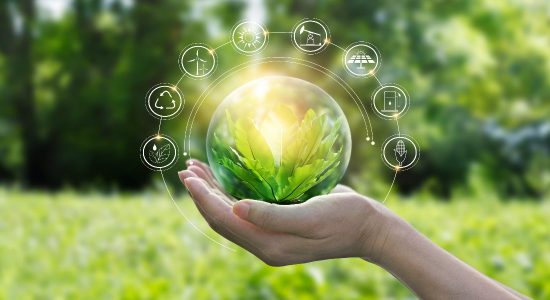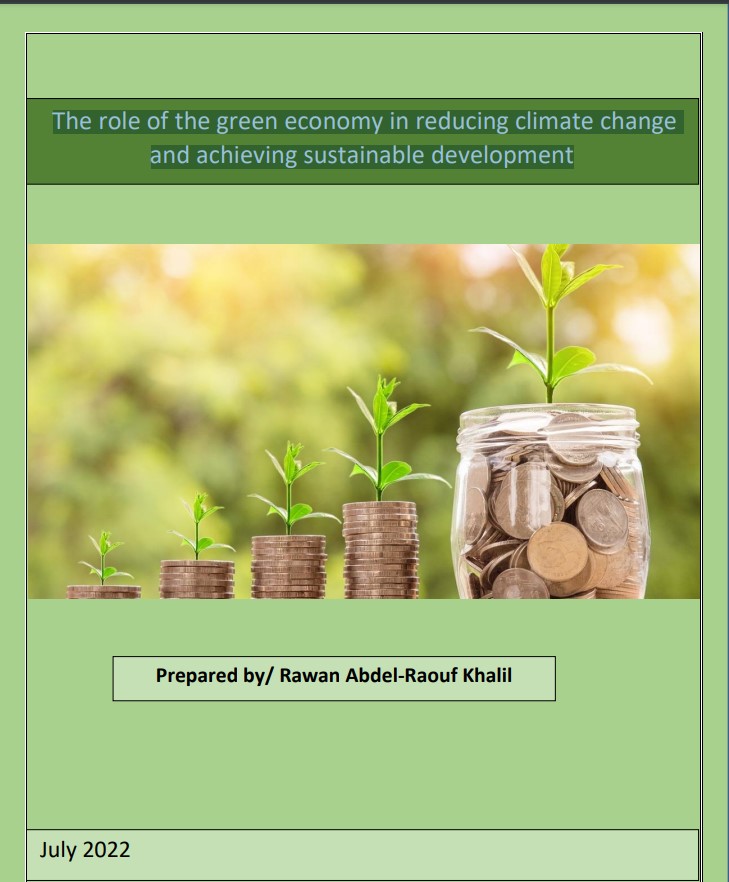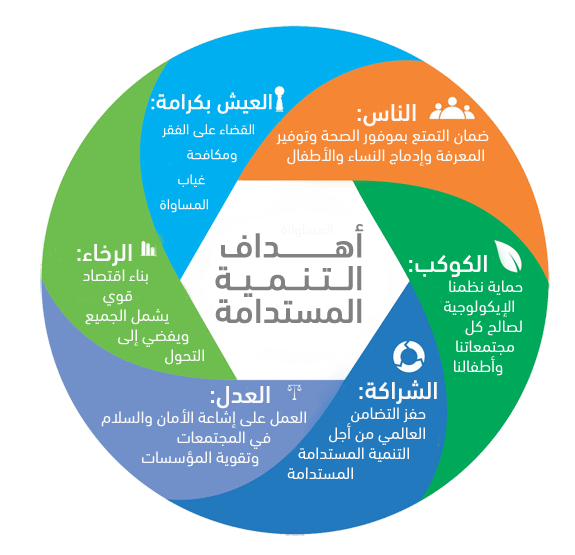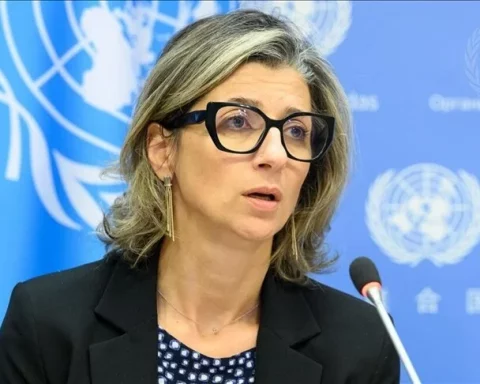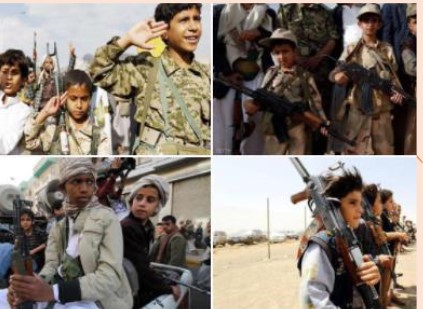Press Release
……………………………………………………
The Research and Studies Unit of the Dialogue Forum for Development and Human Rights issued on Wednesday, July 27, 2022, a policy paper entitled (The Green Economy and its Role in Reducing Climate Changes and Achieving Sustainable Development).
The policy paper began by describing the problem of climate change and high rates of global warming due to carbon emissions and negative practices that are not friendly to the environment. The policy paper also focused on assessing the severity of the crisis on all countries. As it may cause entire cities and countries to vanish, as well as negatively affect economic growth rates, the paper reviewed the nature of the green economy, its objectives and policies based on market and non-green economy economies.
The paper touched on the repercussions of the transition to a green economy as an alternative to a brown economy, due to (the population increase, the spread of the Covid-19 pandemic, the exhaustion of the global economy and the global collective awareness of the seriousness of the effects of climate change).
The policy paper presented several essential alternatives in order to move towards a green economy to guarantee the rights of current and future generations. These alternatives are:
• Sovereign green bonds and sustainable investment
Sustainable investment has become closely linked to sustainable development. In the event that sustainable development and its objectives are mentioned, sustainable (green) investment must be called, and stakeholders are invited to green investment. Sustainable investing is investing money to work on issues that are directly affected by climate change; The main objective of green investment is to mitigate climate change, preserve biodiversity, and improve the environment and quality of work. Hence, the idea of (green bonds) arose, and the World Bank defined them as fixed-income securities whose profits are used to obtain financing for sustainable projects related to the environment and climate, such as clean energy projects, climate conservation, sustainable waste management, and others.
The report reviewed what the Egyptian state had done by launching sovereign green bonds worth $750 billion in 2020, as the first country in the Middle East and North Africa region.
The paper suggested some legislative amendments to speed up the completion of benefiting from green bonds, namely reducing the investment value of fossil fuel-based subsidies, and amending legislation to reduce carbon emissions resulting from industrial and economic activities; Thus, this contributes to tempting investors to invest in green projects and encourages pioneers and exporters to come up with new project ideas to reduce climate change.
• Recycling of solid waste
The policy paper suggested an alternative related to the necessity of solid waste recycling; As the culture of waste recycling has become popular and is being applied in many countries; This is to limit climate change and reduce carbon emissions from waste.
In this regard, the paper suggested the roles that stakeholders can play to make them relevant; To achieve tangible progress in this file (the legislative authority – the executive authority – the private sector – civil society – university students and graduates) and identified roles for each of them to ensure the realization of this alternative.
The paper reviewed the efforts of the Egyptian government in the solid waste management file, such as the “Be Prepared for Green” initiative, an initiative launched by President Abdel Fattah El-Sisi within the framework of Egypt’s strategy for sustainable development (Egypt Vision 2030) and its goal is to spread environmental awareness and change bad practices towards the environment. President in raising awareness on (the importance of afforestation, waste recycling, reducing the use and circulation of plastic, and rationalizing food and energy consumption).
Finally, the paper sheds light on the most prominent successful international experiences in the field of green economy to try to follow its approach, such as (the experience of the European Union and the European Green Agreement – the experience of Pakistan – the experience of the United Kingdom – the experience of the Kingdom of Saudi Arabia).

